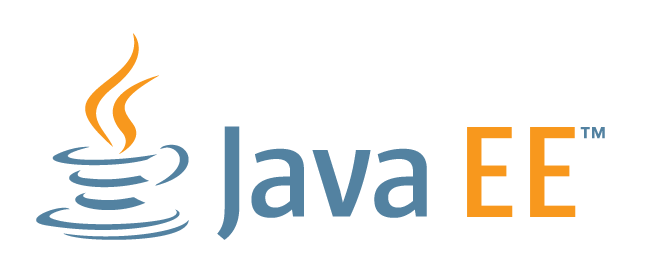
Oracle continues to make progress Java EE 8, the enterprise edition for the Java platform, and moving forward it would like to advance Java EE within a more open and collaborative community. Specifications are nearly complete and the Java team expects to deliver the Java EE 8 reference implementation this summer.
As the delivery of Java EE 8 approaches, Oracle believes they have the ability to rethink how Java EE is developed in order to “make it more agile and responsive to changing industry and technology demands.”
“Java EE is enormously successful, with a competitive market of compatible implementations, broad adoption of individual technologies, a huge ecosystem of frameworks and tools, and countless applications delivering value to enterprises and end users,” according to Oracle in a blog post. “But although Java EE is developed in open source with the participation of the Java EE community, often the process is not seen as being agile, flexible or open enough, particularly when compared to other open source communities. We’d like to do better.”
According to Oracle, moving Java EE technologies to an open-source foundation may be the right next step, in order to “adopt more agile processes, implement more flexible licensing, and change the governance process.” Oracle also plans on exploring this possibility with the developer community, its licensees and several candidate foundations to see if they can move Java EE in this direction.
“We believe a more open process, that is not dependent on a single vendor as platform lead, will encourage greater participation and innovation, and will be in best interests of the community,” reads the blog.
While there are many details that need to be fleshed out, Red Hat’s John Clingan, senior principal product manager, said that Red Hat is optimistic and applauds Oracle’s decision to advance Java EE under an open-source foundation. Red Hat, an open-source software company, is built on the principles of the open-source way.
“We think that putting Java EE under the jurisdiction of an open source organization is a very positive move that will benefit the entire Enterprise Java community,” said Clingan.
Since Java EE has been evolving for nearly two decades to address market needs, Clingan said that Red Hat believes that a two-tier approach is needed to evolve Java EE more quickly.
“This includes Java EE as a standard, which should move at a measured pace, and Eclipse MicroProfile as an open-source project that acts as an innovation engine to drive new features for Java EE developers more quickly,” said Clingan. The Configuration JSR submission is an example, he added.
As an Eclipse MicroProfile community member, Red Hat plans to continue forward and deliver functional specifications within the Eclipse MicroProfile community as the effort to move Java EE to a foundation progresses. And as a licensee, Red Hat (and JBoss before its acquisition) pioneered the idea of an open-standard enterprise application platform and open-source collaboration, and according to Clingan, it really drove open-source adoption into the “heart of the enterprise,” he said.
Red Hat leads the CDI and Bean Validation Java EE-related JSRs, participates in multiple additional Java EE-related JSRs, and it ships JBoss Enterprise Application Platform as fully Java EE-compatible, said Clingan.
As Java EE moves forward, Oracle writes that it intends on meeting the needs of its developers, end users, customers, technology consumers, partners and licensees. Clingan said that Java EE has the opportunity to grow even more, and with a more permissive license, it will encourage new contributions, new implementations and distributions, he said. And, end-user developers should be able to use Java EE-related technologies more quickly.
Also, Oracle will support existing Java EE implementations and future implementations of Java EE.






